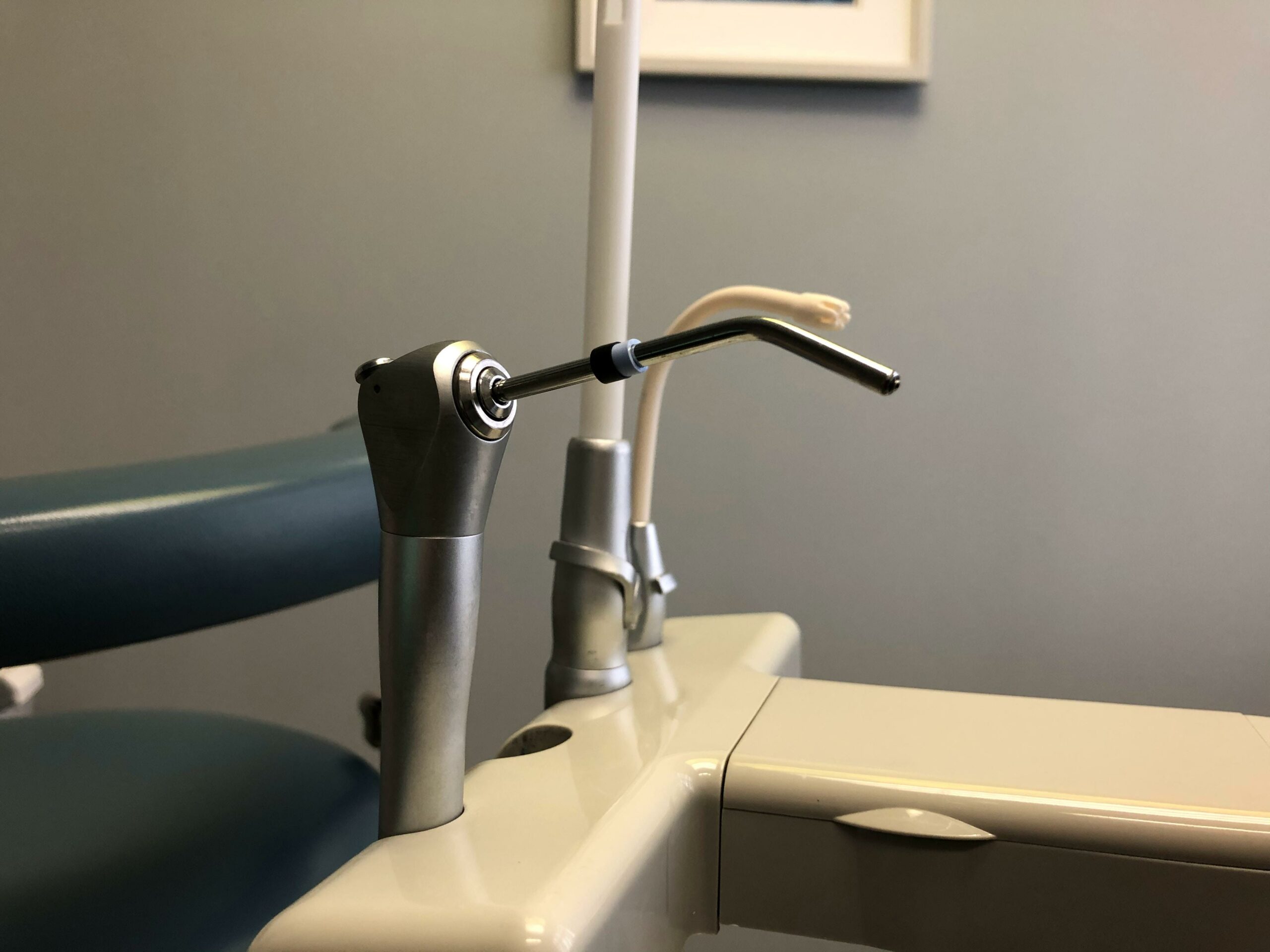Are you tired of dealing with the pain and discomfort of dental cavities? Look no further! In this article, we will explore the world of comprehensive dental cavity treatments and discuss the expert options available to ensure optimal oral health. Whether you’re familiar with fillings, crowns, or root canals, or simply curious about the latest advancements in dentistry, this article has got you covered. So sit back, relax, and let’s dive into the exciting realm of treatment options for dental cavities.

Treatment Options for Dental Cavities
Cavities, also known as dental caries, are a common oral health issue that can lead to pain, sensitivity, and even tooth loss if left untreated. Fortunately, there are several treatment options for dental cavities that can help restore the health and function of your teeth. Let’s explore these options in detail to find the best solution for your oral health needs.
Fluoride Treatments and Sealants for Early Cavity Detection
When cavities are detected in their early stages, they can often be treated with fluoride treatments or dental sealants. Fluoride is a mineral that helps strengthen tooth enamel and can reverse the early stages of tooth decay. During a fluoride treatment, a highly concentrated fluoride solution is applied directly to your teeth, providing an extra layer of protection against cavity formation.
Sealants, on the other hand, are thin plastic coatings that are applied to the chewing surfaces of the back teeth, where cavities are more likely to occur. These sealants act as a barrier, preventing bacteria and food particles from getting trapped in the grooves of your teeth and causing cavities. By using fluoride treatments and sealants, we can intervene at an early stage and potentially avoid more invasive treatments later on.
Key Point:
Early detection of cavities allows for less invasive treatment options, such as fluoride treatments and dental sealants, that can prevent the need for more extensive procedures.
Fillings: Repairing Teeth and Preventing Further Decay
If a cavity has progressed beyond the initial stages, it may be necessary to remove the decayed portion of the tooth and repair it with a filling. Fillings are one of the most common treatment options for dental cavities and involve removing the decayed material and filling the resulting space with a dental material, such as composite resin or amalgam.
Fillings not only restore the strength and functionality of the affected tooth but also prevent further decay from occurring in that area. With advancements in dental materials, we can now create fillings that match the natural color of your teeth, providing a more aesthetically pleasing result. The procedure is relatively quick and painless, allowing you to resume your normal activities shortly after treatment.
Key Point:
Fillings effectively repair cavities, restore tooth functionality, and prevent future decay, all while offering improved aesthetics to match the natural color of your teeth.
Crowns: Restoring Strength to Severely Damaged Teeth
For cavities that have caused significant damage to the tooth structure, a dental crown may be the most appropriate treatment option. Crowns are custom-made caps that are placed over the remaining portion of the tooth to restore its strength, shape, and appearance. They are typically made from materials such as porcelain, metal, or a combination of both.
To place a crown, the dentist will prepare the tooth by removing the decayed areas and shaping it to ensure a proper fit for the crown. Impressions of the tooth will then be taken and used to create the final restoration. In the meantime, a temporary crown will be placed to protect the tooth. Once the permanent crown is ready, it will be securely bonded to the tooth, providing long-lasting durability and aesthetics.
Key Point:
Dental crowns are an excellent choice for salvaging severely damaged teeth, restoring their strength, and enhancing their appearance.
Root Canals: Saving Infected Teeth from Extraction
If a cavity progresses deep into the tooth and reaches the pulp, which contains nerves and blood vessels, an infection can occur. In such cases, a root canal may be necessary to save the tooth from extraction. Contrary to popular belief, root canals are not painful procedures but provide relief from the pain caused by the infection.
During a root canal, the infected pulp is removed, the tooth is thoroughly cleaned, and then it is sealed with a filling or a dental crown. This procedure allows you to retain your natural tooth and avoid the need for tooth extraction. Root canals have a high success rate and, with proper care, the treated tooth can last a lifetime.
Key Point:
Root canals effectively remove infected pulp, alleviate pain, and save teeth from extraction, allowing you to maintain your natural smile.
Regular Checkups and Preventive Care for Optimal Oral Health
Prevention is always better than cure when it comes to dental cavities. Regular checkups and preventive care play a vital role in maintaining optimal oral health. By visiting your dentist regularly, potential cavities and other dental conditions can be identified early on, allowing for less invasive and more effective treatment options.
During checkups, your dentist will conduct a thorough examination, perform professional cleanings, and may recommend additional preventive measures, such as fluoride treatments and dental sealants. Additionally, your dentist will provide valuable guidance on proper oral hygiene practices and offer advice on maintaining a healthy diet that supports strong teeth and gums.
Key Point:
Regular dental checkups and preventive care are crucial in identifying cavities early on, preventing the need for more invasive treatments, and maintaining optimal oral health.
In conclusion, when it comes to treatment options for dental cavities, a range of options is available to address cavities at various stages. From fluoride treatments and fillings for early-stage cavities to crowns and root canals for more advanced cases, your dentist can recommend the most appropriate treatment for your specific needs. By prioritizing regular dental checkups and practicing good oral hygiene, you can prevent cavities and maintain a healthy smile for years to come.
Key Point:
By choosing the right treatment option for your dental cavity and maintaining regular preventive care, you can ensure optimal oral health and preserve your natural teeth. Remember, prevention is key!
Dental cavities are more than just a pain in the tooth! Did you know that fun facts about dental cavities can actually be fascinating? Discover the hidden secrets of these tiny holes by clicking here: fun facts about dental cavities. From surprising causes to mind-boggling statistics, this page will leave you amazed and eager to learn more. Don’t miss out on this opportunity to expand your dental knowledge and impress your friends with your newfound expertise in oral health!
FAQ
Question 1:
What are the treatment options for dental cavities?
Answer 1:
The treatment options for dental cavities include fluoride treatments, fillings, crowns, root canals, and tooth extractions. The choice of treatment depends on the severity of the cavity.
Question 2:
Can cavities be treated with sealants or fluoride?
Answer 2:
Yes, if cavities are detected early, they can be treated with sealants or certain types of fluoride. These preventive measures help to stop the decay from progressing further.
Question 3:
What is the procedure for treating cavities that have become deeper?
Answer 3:
When cavities become deeper, a dentist will need to remove the decayed portion and repair the tooth. This can be done through fillings, root canals, or crowns, depending on the extent of damage.
Question 4:
How important are regular checkups in cavity treatment?
Answer 4:
Regular dental checkups are crucial in identifying cavities and other dental conditions before they cause more serious problems. Early detection allows for prompt treatment, preventing further damage to the teeth.
Question 5:
Where can I find more information on cavity treatment?
Answer 5:
For more information on cavity treatment, you can visit websites such as interdent.com, healthline.com, mayoclinic.org, ohiocosmeticdentists.com, and healthworkscollective.com. These websites provide comprehensive resources on dental health and treatment options.
- Unraveling Einstein’s Legacy: Who Inherited His Genius? - July 14, 2025
- Unlock Einstein’s Family Tree: Bernhard Caesar & Untold Stories - July 14, 2025
- Unveiling Bernhard Caesar Einstein: His Life & Albert Einstein’s Legacy - July 14, 2025
















